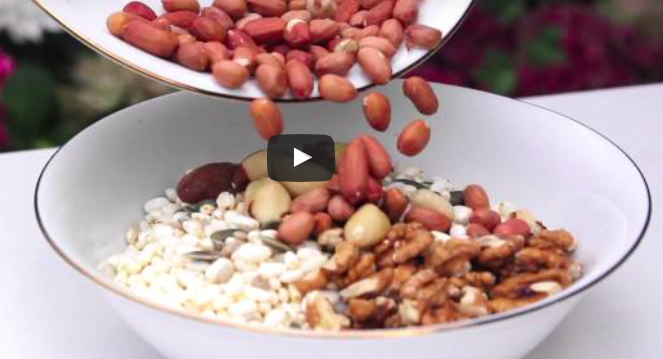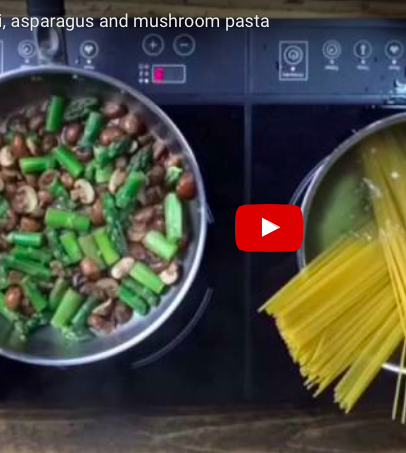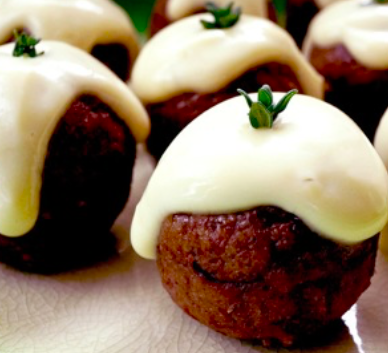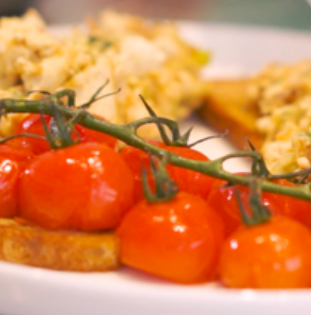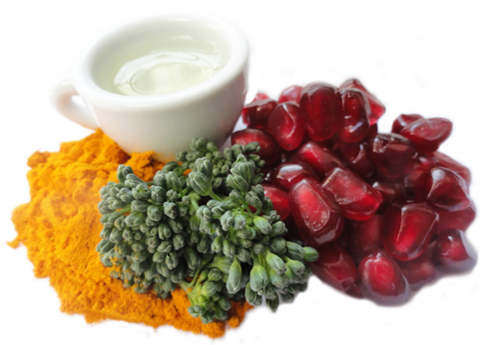|
|
|||||||||||||||||||||||
|
Diet and Cancer |

|
||||||||||||||||||||||
Diet is one of the major lifestyle factors which has an impact on our health, the risk of cancer development, how we cope during therapies and recover afterwards. This section gives a guide to how to achieve a healthier anti cancer diet to help reduce the risks of cancer developing in the first place but also to prevent it relapsing after initial successful therapies. There is also some evidence that for some indolent prostate cancers, a healthy diet combined with other lifestyle factors can slow its rate of progression. In reality, real food cannot be split into conveniently selected anti-cancer packages so each meal will contain a variety of healthy factors and unhealthy substances. Likewise, the foods considered to be anti-cancer at one stage may benefit individuals at another stage of the cancer journey. Foods in moderation may be very helpful but in excess harmful. For ease of explanation, this section discusses the pros and cons of separate components of food but reading the evidence and guidance for each section below reveals the depth of information which will help you make truly informed:
Overall this site tries to avoid recommending specific foods, meals or dietary programs; instead it aims to embody the concepts of overall healthy eating. Most individuals do not need spoon feeding and are perfectly capable of adjusting to a healthy diet within their preferences, tastes, needs or cultural parameters. This is particularly important if a lasting view of dietary change is planned. Changing to a “faddy” diet, eating foods which are not palatable to that individual or are not freely available in their country will lead to cravings, distress and are unlikely to succeed in the long haul. Other dietary issues not included above include: Healthy recipes (see blog.cancernet.co.uk)
|
|||||||||||||||||||||||
